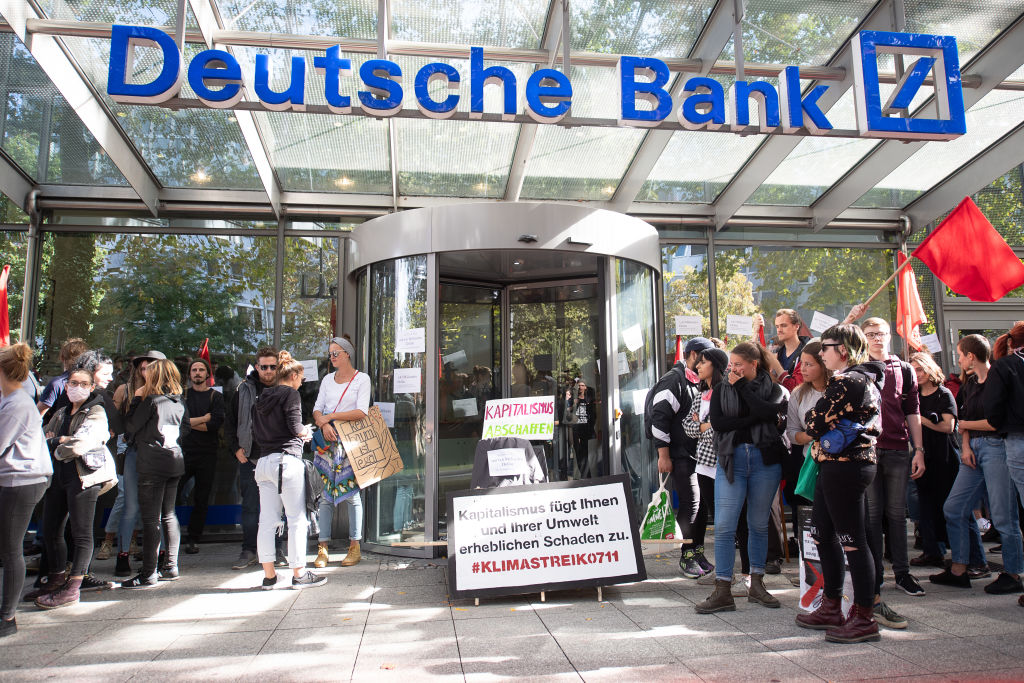A new New York Times piece chronicles Deutsche Bank’s attempts to win business and influence in China in the form of many expensive gifts, consulting contracts and more than 100 jobs for relatives — many of whom had been deemed unqualified — of the country’s Communist Party elite.
Some of the gifts handed out to Chinese political leaders reportedly included a crystal tiger and a Bang & Olufsen sound system valued at $18,000, $10,000 in golf outings and a trip to Las Vegas, a $15,000 crystal horse, and a $4254 vintage bottle of Château Lafite Rothschild from 1945.
Citing documents than span 15 years and include emails, internal reports, spreadsheets, and transcripts of interviews with senior executives, the Times reports that the company’s dealings in China were more extensive than authorities in the United States had previously alleged.
“This was part of doing business in this country,” Josef Ackermann, the chief executive of the company until 2012, told the publication. “At the time, this was the way things were done.”
The company also spent $100,000 in 2002 to secure a meeting between Ackermann and then-Chinese president Jiang Zemin.
Back in August, Deutsche Bank agreed to a $16 million settlement with the SEC as a result of allegations that it had violated anti-bribery laws and engaged in corrupt practices to win business in both China and Russia.
Subscribe here for our free daily newsletter.
Thanks for reading InsideHook. Sign up for our daily newsletter and be in the know.


















